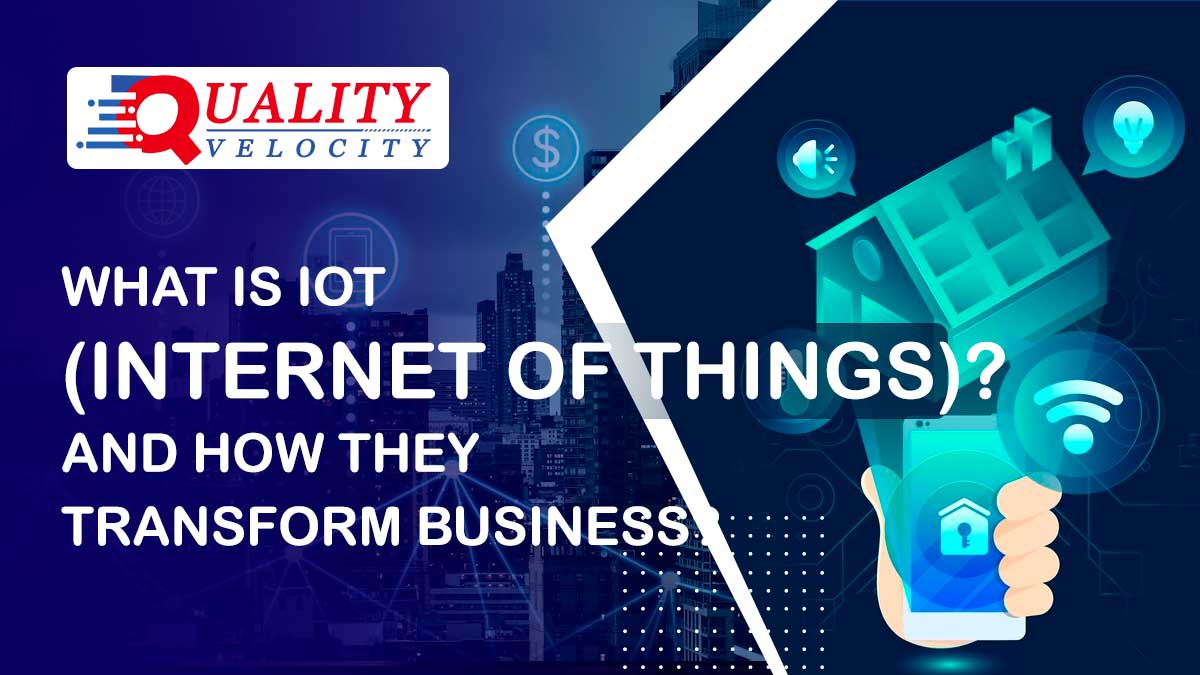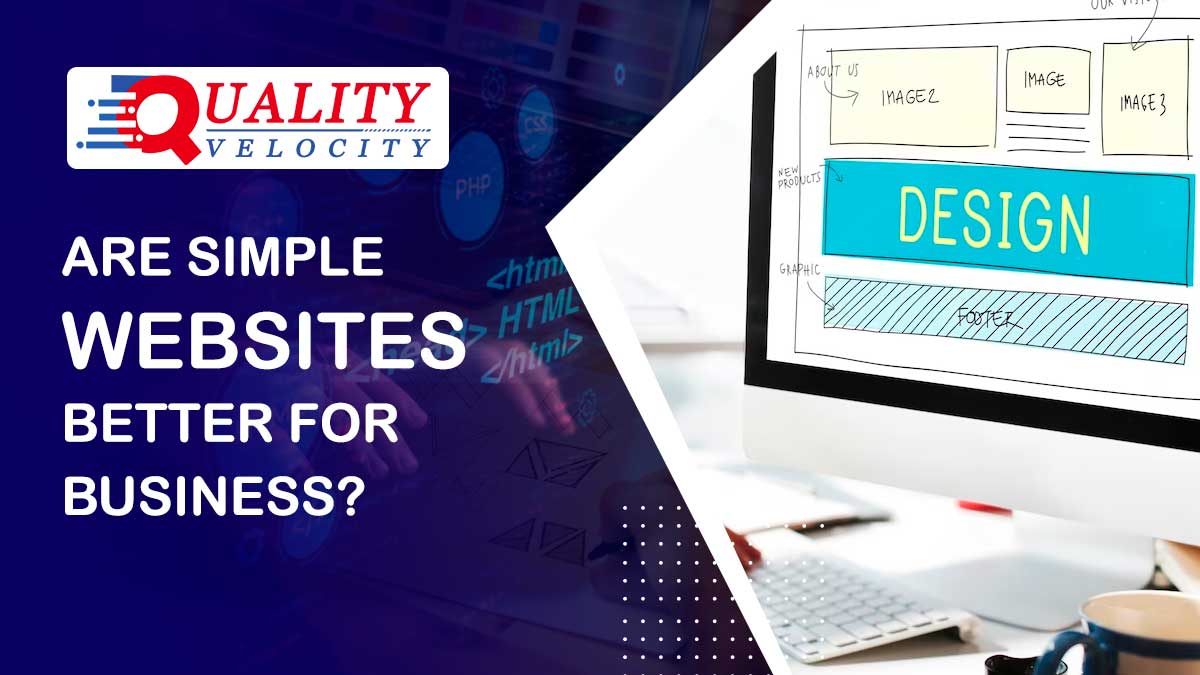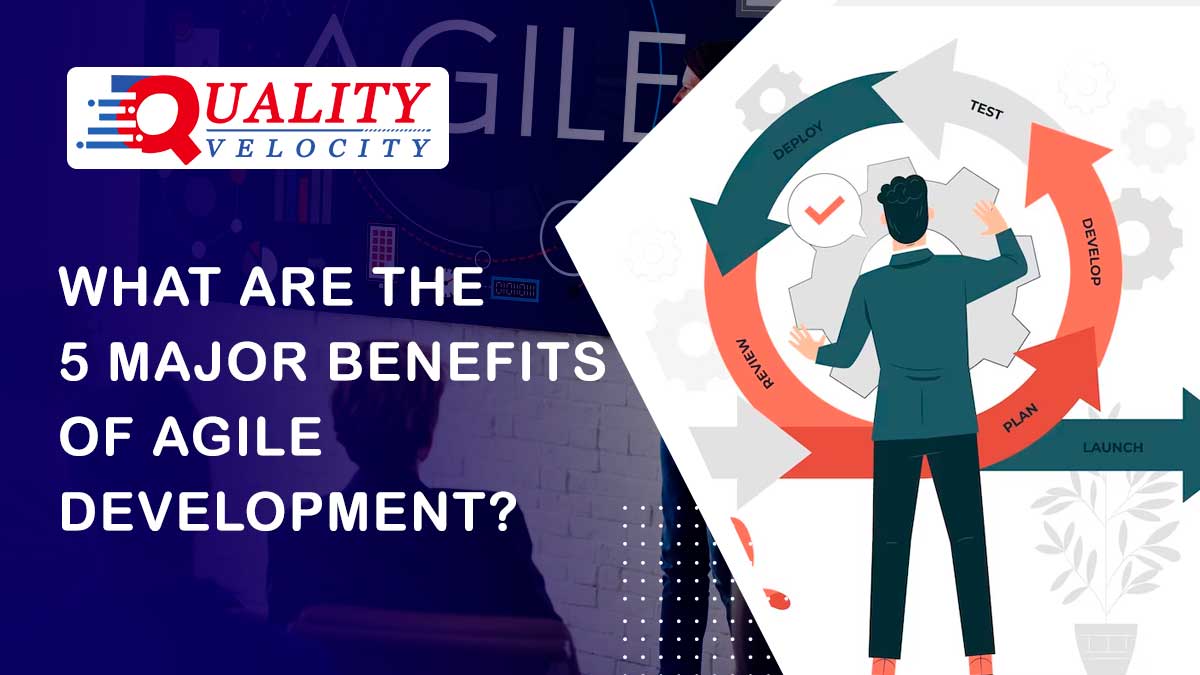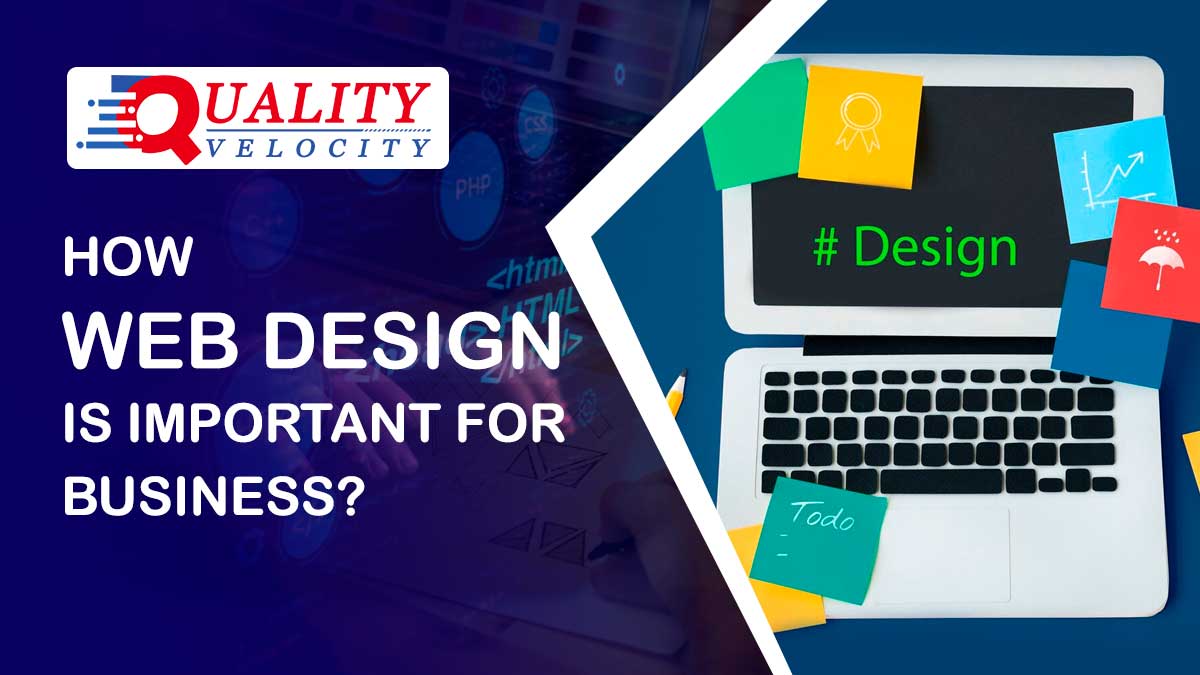Welcome to the world of the Internet of Things (IoT), where everyday objects are connected to the Internet and can communicate with one another to enhance our lives and streamline business operations.
IoT has the potential to revolutionize industries and change the way we live, work, and play. Are you curious about how IoT works and how it can benefit your business? Keep reading to find out more about this exciting technology.
What is IoT?
The Internet of Things (IoT) refers to the network of physical devices and objects that are connected to the Internet and can collect, share, and exchange data. These gadgets can be anything from common consumer goods like wearables and smart home appliances to business and industrial apparatus like transportation vehicles and manufacturing machinery. These devices are embedded with sensors, software, and connectivity, allowing them to communicate with one another and with other internet-enabled devices and systems.
The Internet of Things (IoT) makes it possible to seamlessly integrate digital and physical systems, automating a variety of tasks and streamlining operations. This can involve tracking the location and state of assets, automating supply chain logistics, and monitoring and managing energy consumption.
Large volumes of data may be generated and analysed by IoT devices, which can be utilised to obtain knowledge and improve decision-making. This can include things like predicting equipment failures, optimizing production processes, and improving overall efficiency.
A number of components make up the Internet of Things ecosystem, including devices, connectivity, analytics, and apps, as well as data storage and administration. The development of technology like sensors, wireless networking, and cloud computing is what is driving the Internet of Things' expansion.
IoT is expected to have a big impact on a lot of areas of our everyday lives, including how we live and work, how we interact with our surroundings, and how we manage our resources. These include the gadgets and services we use on a daily basis.
IoT Benefits for Business
The Internet of Things (IoT) offers a wide range of benefits for businesses, including:
1. Increased Efficiency
IoT devices and sensors can be used to monitor and control equipment, track inventory and assets, and automate various business processes, resulting in greater efficiency and cost savings.
2. Improved Data Analysis
Large volumes of data are produced by IoT systems, which can be utilised to gather information and improve decision-making. This can include things like predicting equipment failures, optimizing production processes, and improving overall efficiency.
3. Cost Savings
IoT can lower expenses for businesses by increasing overall efficiency, decreasing downtime, and automating procedures. For instance, a business can monitor the functionality and usage of industrial equipment in real time by integrating IoT sensors, which enables preventative maintenance and lowers downtime.
4. Enhanced Customer Experience
IoT can be used to track customer behavior and preferences, which can be used to improve customer service and personalize marketing efforts.
5. New Revenue Streams
IoT can open up new avenues for organisations to make money, such creating new goods and services or providing subscription-based services.
6. Remote Monitoring and Maintenance
Businesses may remotely monitor and maintain their operations, as well as operate and manage their devices, by connecting Internet of Things (IoT) devices to the internet.
7. Improved Safety
Both tracking and monitoring employee safety as well as controlling access to certain parts of a facility can be done with the use of Internet of Things devices and sensors.
IoT applications are numerous and span numerous industries, such as:
Smart Homes: IoT enables the automation and remote control of home appliances, lighting, thermostats, security systems, and more.
Industrial IoT (IIoT): In industries, IoT can optimize processes, enhance productivity, and monitor equipment health in real time, leading to predictive maintenance.
Healthcare: IoT devices, like wearable fitness trackers or medical devices, can collect health data to monitor patients' conditions and assist healthcare professionals in providing personalized care.
Smart Cities: The Internet of Things (IoT) can be used to control traffic, energy use, garbage disposal, and public safety in urban infrastructure.
Agriculture: By monitoring soil conditions, controlling crop health, and automating irrigation, IoT systems can be used in farming.
As IoT continues to advance, it has the potential to revolutionize numerous sectors, offering greater efficiency, convenience, and insights into the functioning of various systems. For wider adoption, it also presents issues with data privacy, security, and interoperability, all of which need to be resolved.






